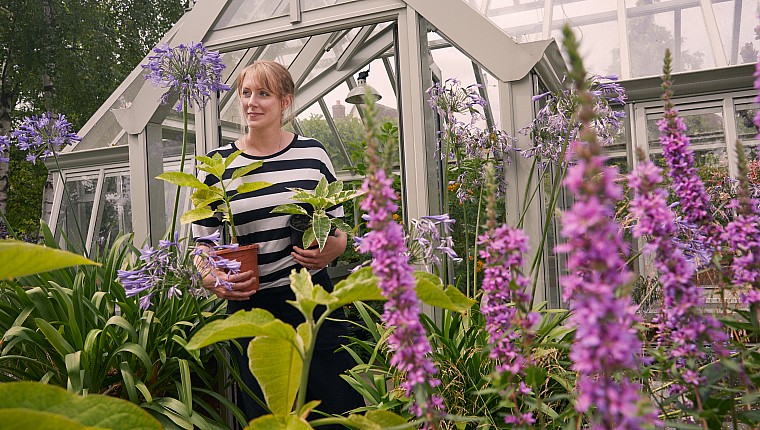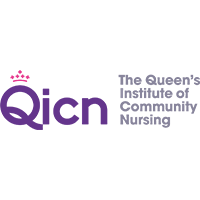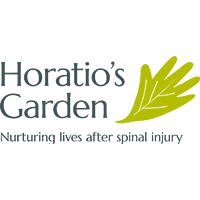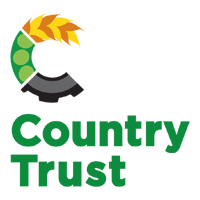Better than medicine – how gardens help your emotional and physical wellbeing grow

Visiting a garden, with a companion or otherwise, is a great form of social prescription – linking you to like-minded people in the presence of nature to nourish your soul. Counselling Directory helps us discover more about the benefits of gardens and gardening…
Use your green fingers to grow your emotional and physical wellbeing
From hard core gyms to group classes, for some, the thought of exercising can be off-putting and anxiety inducing. When we think of traditional exercise, it’s not often that gardening springs to mind. But, gardening actually gives you quite a diverse workout. From squatting to stretching, lifting pots, pushing wheelbarrows, digging and walking, your body is enjoying the benefits of movement, without putting your brain to work.
Not only does the great outdoors benefit our physical health, there is a direct link between exercise promoting positive mental health. Research from the University of East Anglia published last year showed that “exposure to greenspace significantly reduces people’s levels of salivary cortisol – a physiological marker of stress. This is really important because in the UK, 11.7 million working days are lost annually due to stress, depression or anxiety.”
The positive physical effects of exercise, coupled with the benefits on mental health when being amongst greenspace, go hand in hand to make gardening the exercise of 2019 for positive emotional wellbeing.
Nicola Strudley MBACP is a registered counsellor and life coach with a special interest in outside influence on mental health. She said: “Gardening provides an opportunity for moderate exercise. Being around plants helps to purify the air we breathe. Gardening offers an opportunity to be creative.”
The great outdoors and mental health
As we now know, exercise is a huge mood booster, releasing the essential ‘feel-good’ hormones, endorphins. These happy hormones course around our bodies for the next two to three hours post-exercise, and can even leave you with a mild buzz for up to 24 hours.
Nicola notes, “When we are anxious or stressed, the body triggers a number of physiological responses which activate the sympathetic nervous system. This puts us in ‘fight or flight’ mode. This mode is really only meant for times of emergency, however many of us spend a lot of time in this panicked state.
“Ideally we should spend more time in a ‘thrive state’ – the parasympathetic nervous system is activated, allowing the body to rest, conserve energy and repair itself. Gardening is an excellent way to nudge yourself into a thrive state.”
The next time you’re in your garden, try these simple movements to awaken your muscles and let your creativity shine.
Simple garden exercises
- Weeding for 30 minutes – evokes concentration and creativity, plus plenty of squats.
- Mowing the lawn for 30 minutes – ideally a push lawn mower to get your arms and legs active.
- Planting your favourite flowers/seeds – embraces creativity and nostalgia whilst working those arms.
- Raking the garden – a great core exercise that will engage the whole body.
Borrowing a garden
If you don’t have a garden, you can visit an abundance of diverse green spaces across the UK with the National Garden Scheme. Simply being in the presence of nature evokes the childlike notion of ‘the joy of discovery’ and encourages a mindful approach to the experience. The happiness of seeing the first bee in the flutters of early spring, watching a mother bird feed her chicks or observing the habitats of many thousand insects we live alongside.
“The natural world is full of never ending repeated patterns called fractals. Fractals can be found looking at clouds, leaves, trees or grass and have a soothing effect. Fractals activate brain regions that release alpha waves, enabling us to relax,” Nicola says.
Visiting a garden, with a companion or otherwise, is a great form of social prescription – linking you to like-minded people in the presence of nature to nourish your soul. Find your perfect garden here
Written by Katie from Counselling Directory, an online mental health resource hub and directory hosting over 15,000 professional counsellors and therapists. Visit their dedicated mental health hub for more information.


















